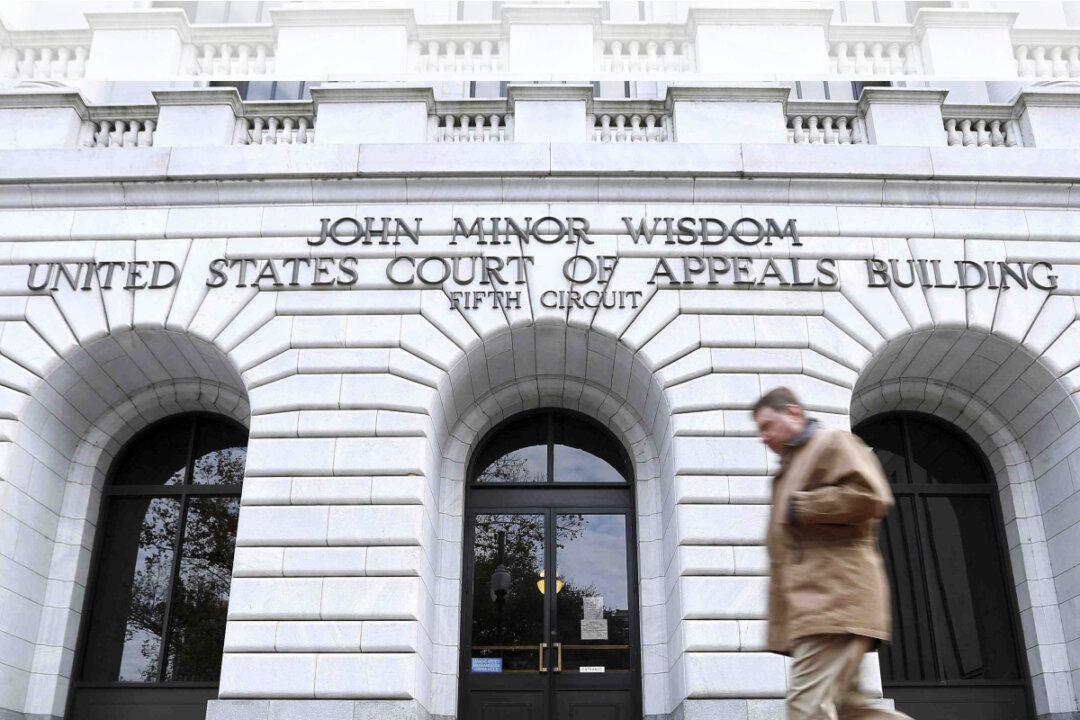A federal appeals court has halted enforcement of the Corporate Transparency Act (CTA), an anti-money laundering measure requiring small businesses to disclose beneficial ownership information, drawing praise from America’s biggest small business lobby, which has panned the law as “burdensome” and battled it in court.
The U.S. Court of Appeals for the Fifth Circuit issued the ruling on Dec. 26, temporarily blocking compliance obligations under the CTA, which mandates that certain U.S.-based businesses submit detailed reports on their beneficial owners to the Financial Crimes Enforcement Network (FinCEN). Prior to the ruling, most businesses faced a Jan. 1, 2025, deadline to submit initial beneficial ownership information (BOI) reports to FinCEN. Businesses with more than 20 employees, $5 million in annual sales, and a U.S. office qualify for exemptions from CTA reporting requirements.





